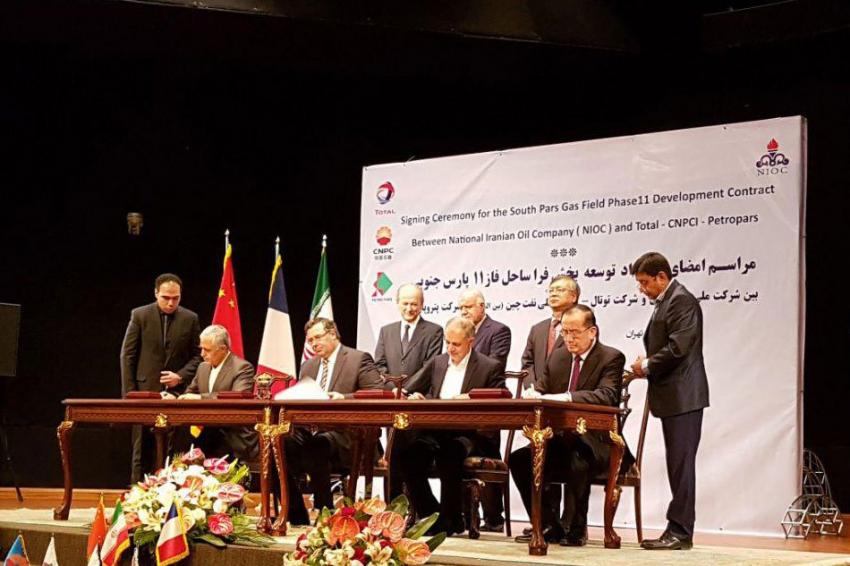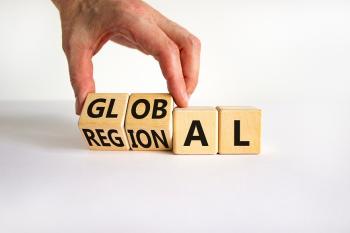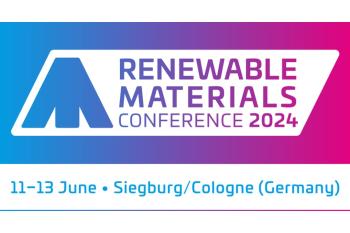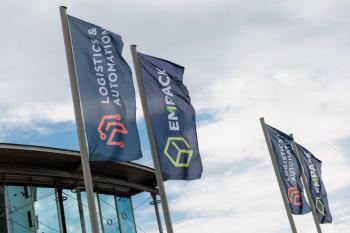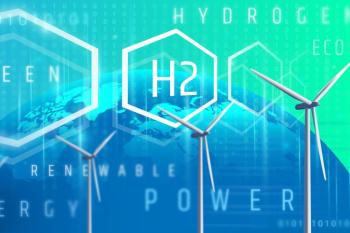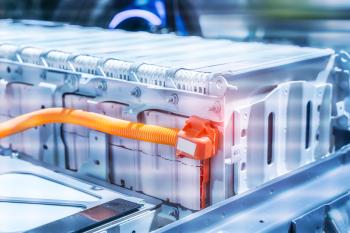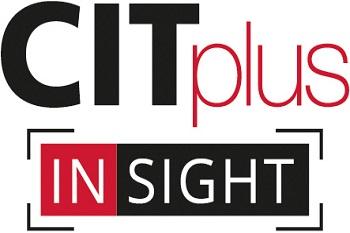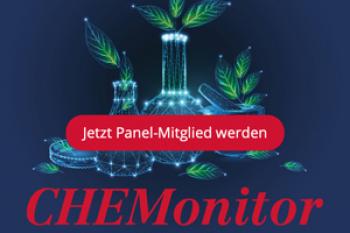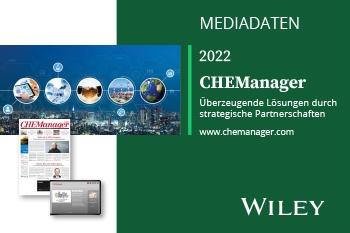Total Strikes Petrochemical Deal with Iran
06.07.2017 -
Total and Iran have reached preliminary agreement to build three petrochemical plants that could see investment of up to $2 billion, according to a news agency source at the Iranian petrochemical ministry.
Government news agency Shana quoted Marzieh Shahdaei, managing director of Iran’s National Petrochemical Company’s (NPC), as saying that both parties had agreed to build plants with a total annual capacity of 2.2 million t of petrochemical and polymer products. “We predict that Total would invest $1.5-2 billion in Iran’s petrochemical industry if we reach final agreement,” Shahdaei added.
A Total spokesman said the French group and NPC were currently working on an in-depth study of an ethane-based petrochemical project whose figures – especially capex – have to be fine-tuned.
Media reports surfaced last October that Total had signed a Memorandum of Understanding with NPC to progress plans for investing in Iran’s petrochemicals sector.
The preliminary agreement follows a deal signed on Jul. 3 by the French energy and petrochemicals giant to proceed with the phase 11 development project for Iran’s South Pars gas field, the largest in the world. The project will have a production capacity of two billion cubic feet per day, or 400,000 barrels of oil equivalent per day, including condensate. The gas will supply the domestic Iranian market starting in 2021.
The multi-billion-dollar 20-year contract is the first commercial agreement to be signed between a major Western energy company and Iranian interests since the lifting of sanctions against the Middle Eastern country in January 2016.
China National Petroleum Corporation (CNPC) and Petropars, a wholly owned subsidiary of NPC, are also involved in the project. Total, the project’s operator, holds a 50.1% stake in South Pars phase 11, while CNPC owns 30% and Petropars 19.9%.
Total’s chairman and CEO, Patrick Pouyanné, said the project is line with the group’s strategy to expand its presence in the Middle East and grow its gas portfolio by adding low-cost, long plateau assets.

